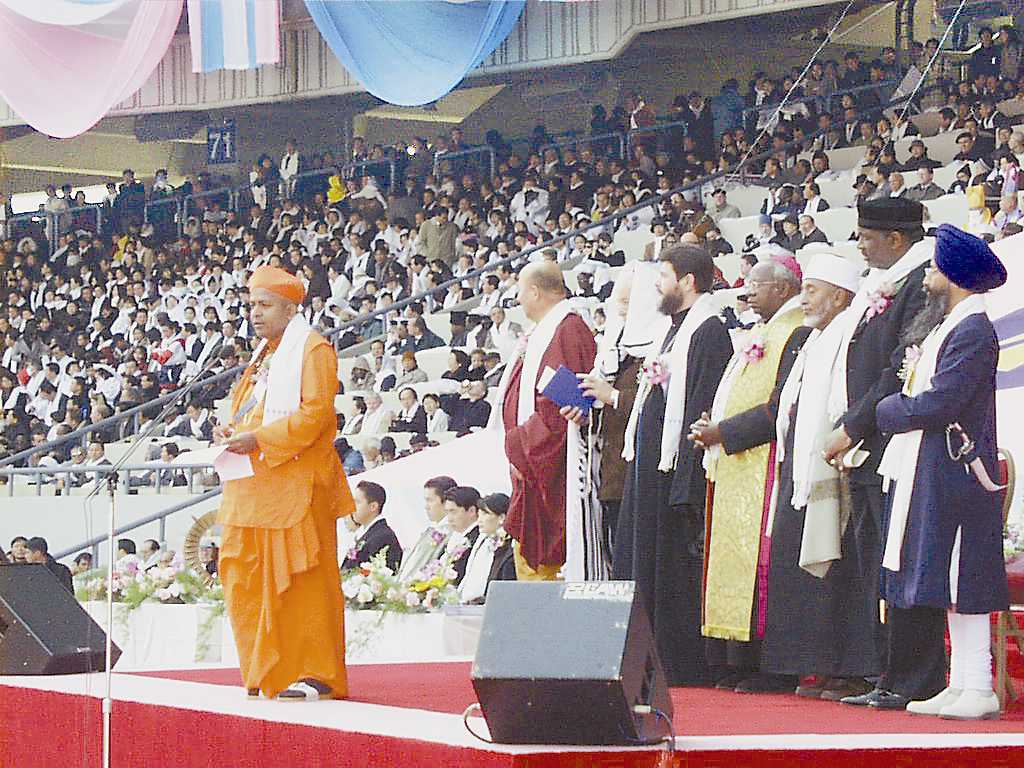
When I first started my degree in Theology a number of years ago, I was a fervent reader of the Bible. I read it every morning without fail. That continued through my degree and my years in the ministry. Somewhere along the way howver, my faith in the Bible, along with my faith in general, collapsed with the persistent thought that I was missing something. I didn't know what it was, because I could quote whole texts of Scripture and give you their specific location by number and verse. ("Scripture and verse" was a process drilled into myself and my pastoral colleagues at school.) When it came to Scripture, I was taught a number of things, not the least of which the simple ability to quote the text should be enough to answer questions or deal with difficulties in my life. Unsurpringly, it didn't work. I still remember the morning I looked at my Bible and put it down for the last time. What was the point? I knew the answers anyway? The 'benefits' of memorizing all that Scripture.
I didn't pick it up again for three years.
The emphasis on Scripture in the Evangelical world is not a bad thing. It is actually a very good idea. Unfortunately, the beauty and art of Scripture is mostly lost because we more interested in proving Truth than living Truth. I know because I was there for so many years. As a pastor, I remember my congregants, many of whom thought highly of their Bible (the inerrant, inspired Word of God Himself, they would tell you), but would leave them on their pews to mark their seats for next week. They, like me, had been walked through it so many times there was no room for it to teach them something new.
It is hard for us to grasp the massive difference in culture between the time the Bible was written and now, or the fact that it has been two thousand years since Jesus walked among us. Especially in our culture, where change comes so quickly we can barely remember the last century. (Women first voted in Canada in 1929, a mere 90 years ago) And Western Europeans, yes, that's us, have never really done well understanding other cultures.
Reading the Bible remains a tricky experience for me, but in the stories, I look for the things that I was never taught, the innocuous seeming statements that lend the narrative such weight. In reading John Chapter 9 a few weeks ago, I let my imagination get hold of the story and tried to forget my learned pattern of "breaking it down". By the end of the week I hadn't moved from the Chapter in my morning readings, and the Friday morning tears came to my eyes as I read the verse that has affected me so powerfully this past month. "When Jesus heard they had thrown him out, he went and found him" (John 9:35) It's a small verse overlooked by the power verses Christians often quote, but in the context of this story, it reveals everything about the character and humanity of the man we claim to follow.
The story of the Blind Beggar is not an easy one, and while it lends itself naturally to sentiment, it also bleeds into tough questions. The Jews knew that being born with a handicap was a sign of sin. Jesus said no, it was to reveal the glory of God. Most of us quote that quite happily, and yet for centuries many Christians did not see how that story related to slavery. Slavery was acceptable because it was in the Bible, wasn't it? Didn't Paul order his slaves to be obedient? And what about women, how can they vote if their supposed to be quiet in the back of the church? Aren't they supposed to reflect the glory of (their) man? Stories like this should not be driven by sentiment alone, but for the disturbing truths they reveal about ourselves and our prejudices. When we think about Jesus challenging the "black-and-white" thinkers of his day, remember their response, and think hard about what yours will be.
It often amazes me how much garbage there is floating around in my belief pool. Sometimes I wish I could just empty the whole thing and start over, but that's not what given for us. A vital part of being human and developing our character is about sorting through our beliefs and picking out the trash, one piece at a time, if necessary. It's a part of God's gift to us to help us learn humility. One thing we do know however, is that when we care more about being right than witnessing good, it reveals a piece of ourselves that can not be addressed by more rules or better faith. It means there is yet more cleaning to be done.
My prayer is that the church will more embrace her humanity, her errors in thought and judgement, so that we will become more like the God we serve. That we will presume less, and ask more. And that we will see in others what God sees in us, and love them accordingly.
-Steve
I didn't pick it up again for three years.
The emphasis on Scripture in the Evangelical world is not a bad thing. It is actually a very good idea. Unfortunately, the beauty and art of Scripture is mostly lost because we more interested in proving Truth than living Truth. I know because I was there for so many years. As a pastor, I remember my congregants, many of whom thought highly of their Bible (the inerrant, inspired Word of God Himself, they would tell you), but would leave them on their pews to mark their seats for next week. They, like me, had been walked through it so many times there was no room for it to teach them something new.
It is hard for us to grasp the massive difference in culture between the time the Bible was written and now, or the fact that it has been two thousand years since Jesus walked among us. Especially in our culture, where change comes so quickly we can barely remember the last century. (Women first voted in Canada in 1929, a mere 90 years ago) And Western Europeans, yes, that's us, have never really done well understanding other cultures.
Reading the Bible remains a tricky experience for me, but in the stories, I look for the things that I was never taught, the innocuous seeming statements that lend the narrative such weight. In reading John Chapter 9 a few weeks ago, I let my imagination get hold of the story and tried to forget my learned pattern of "breaking it down". By the end of the week I hadn't moved from the Chapter in my morning readings, and the Friday morning tears came to my eyes as I read the verse that has affected me so powerfully this past month. "When Jesus heard they had thrown him out, he went and found him" (John 9:35) It's a small verse overlooked by the power verses Christians often quote, but in the context of this story, it reveals everything about the character and humanity of the man we claim to follow.
The story of the Blind Beggar is not an easy one, and while it lends itself naturally to sentiment, it also bleeds into tough questions. The Jews knew that being born with a handicap was a sign of sin. Jesus said no, it was to reveal the glory of God. Most of us quote that quite happily, and yet for centuries many Christians did not see how that story related to slavery. Slavery was acceptable because it was in the Bible, wasn't it? Didn't Paul order his slaves to be obedient? And what about women, how can they vote if their supposed to be quiet in the back of the church? Aren't they supposed to reflect the glory of (their) man? Stories like this should not be driven by sentiment alone, but for the disturbing truths they reveal about ourselves and our prejudices. When we think about Jesus challenging the "black-and-white" thinkers of his day, remember their response, and think hard about what yours will be.
It often amazes me how much garbage there is floating around in my belief pool. Sometimes I wish I could just empty the whole thing and start over, but that's not what given for us. A vital part of being human and developing our character is about sorting through our beliefs and picking out the trash, one piece at a time, if necessary. It's a part of God's gift to us to help us learn humility. One thing we do know however, is that when we care more about being right than witnessing good, it reveals a piece of ourselves that can not be addressed by more rules or better faith. It means there is yet more cleaning to be done.
My prayer is that the church will more embrace her humanity, her errors in thought and judgement, so that we will become more like the God we serve. That we will presume less, and ask more. And that we will see in others what God sees in us, and love them accordingly.
-Steve









